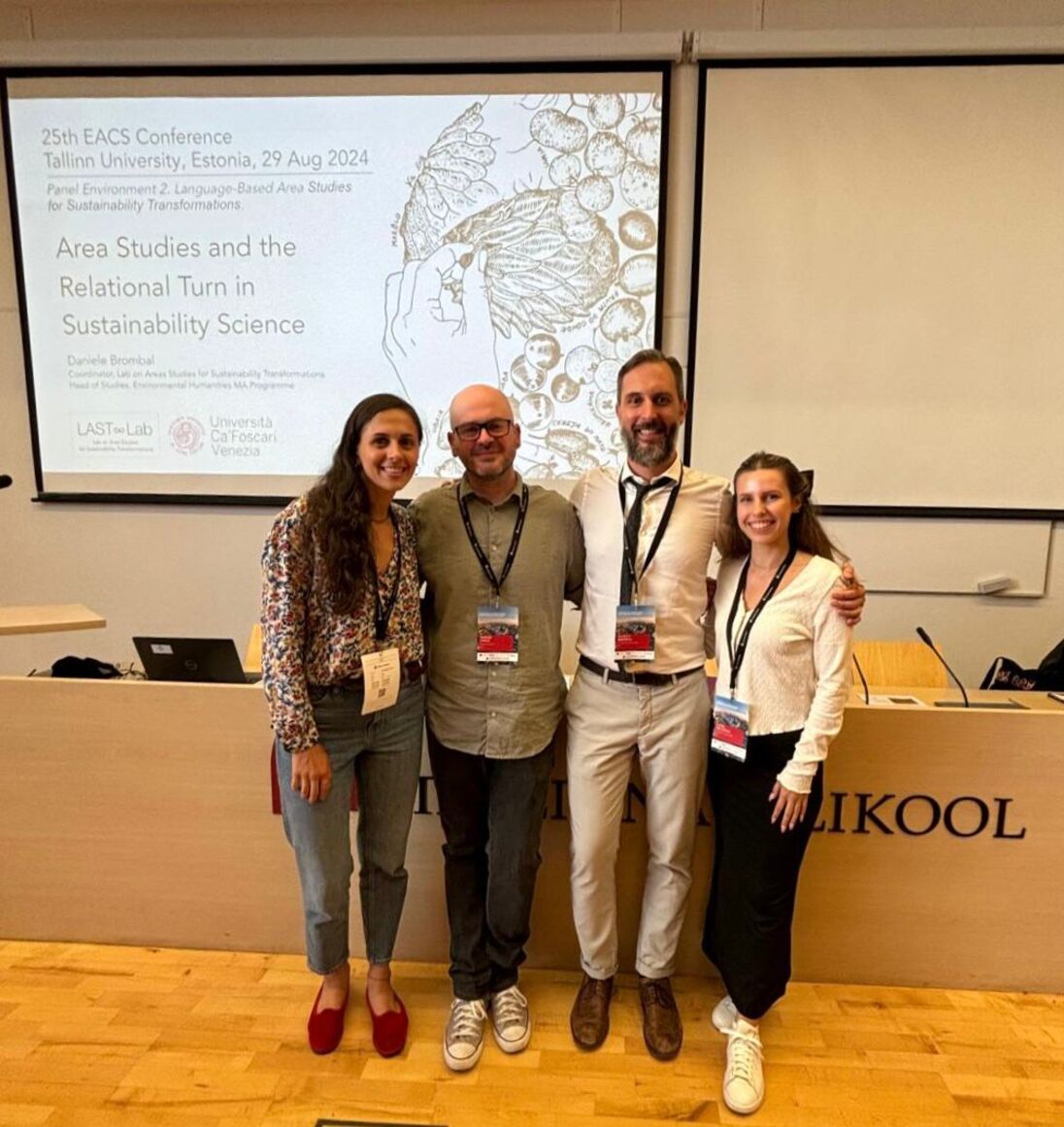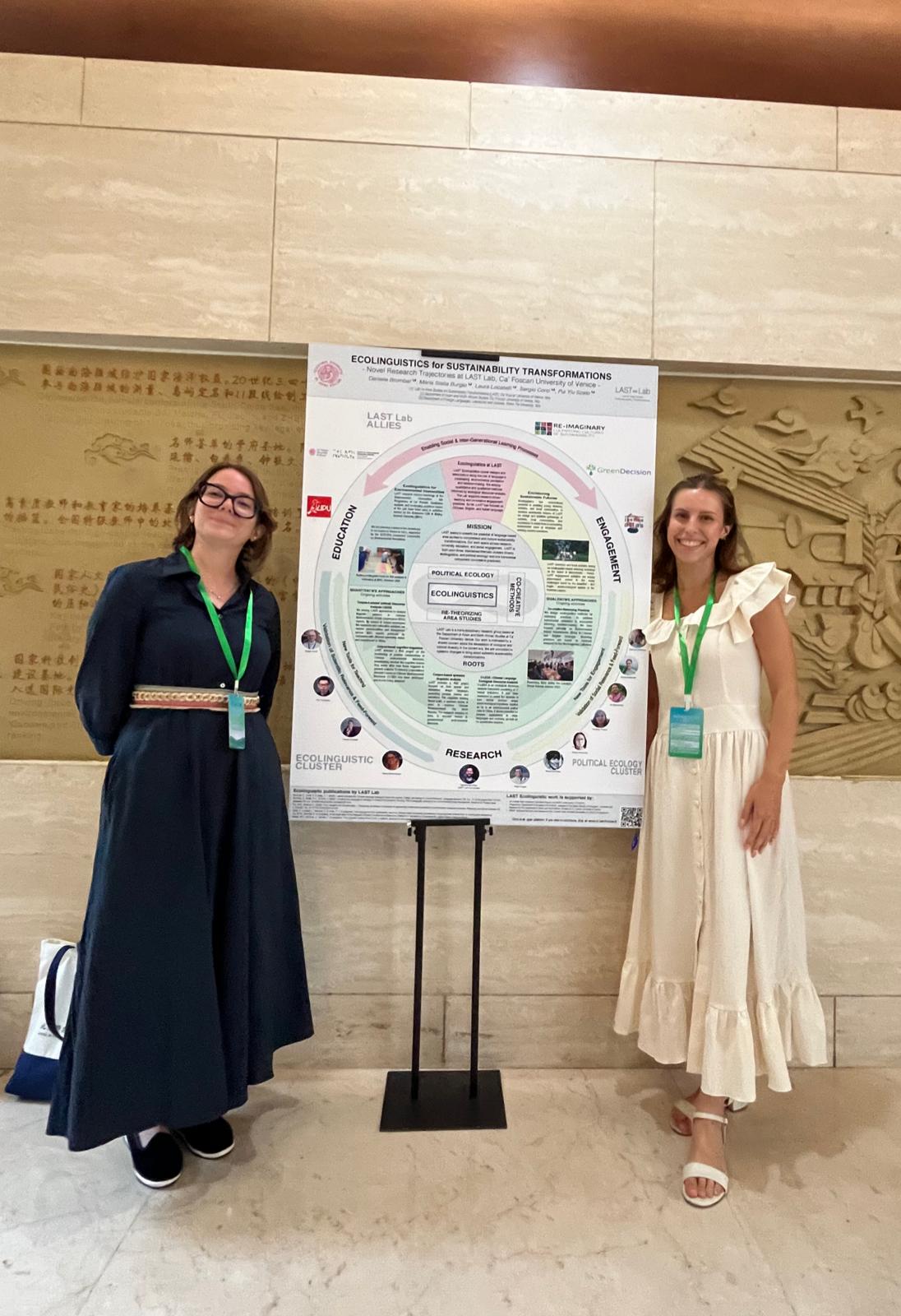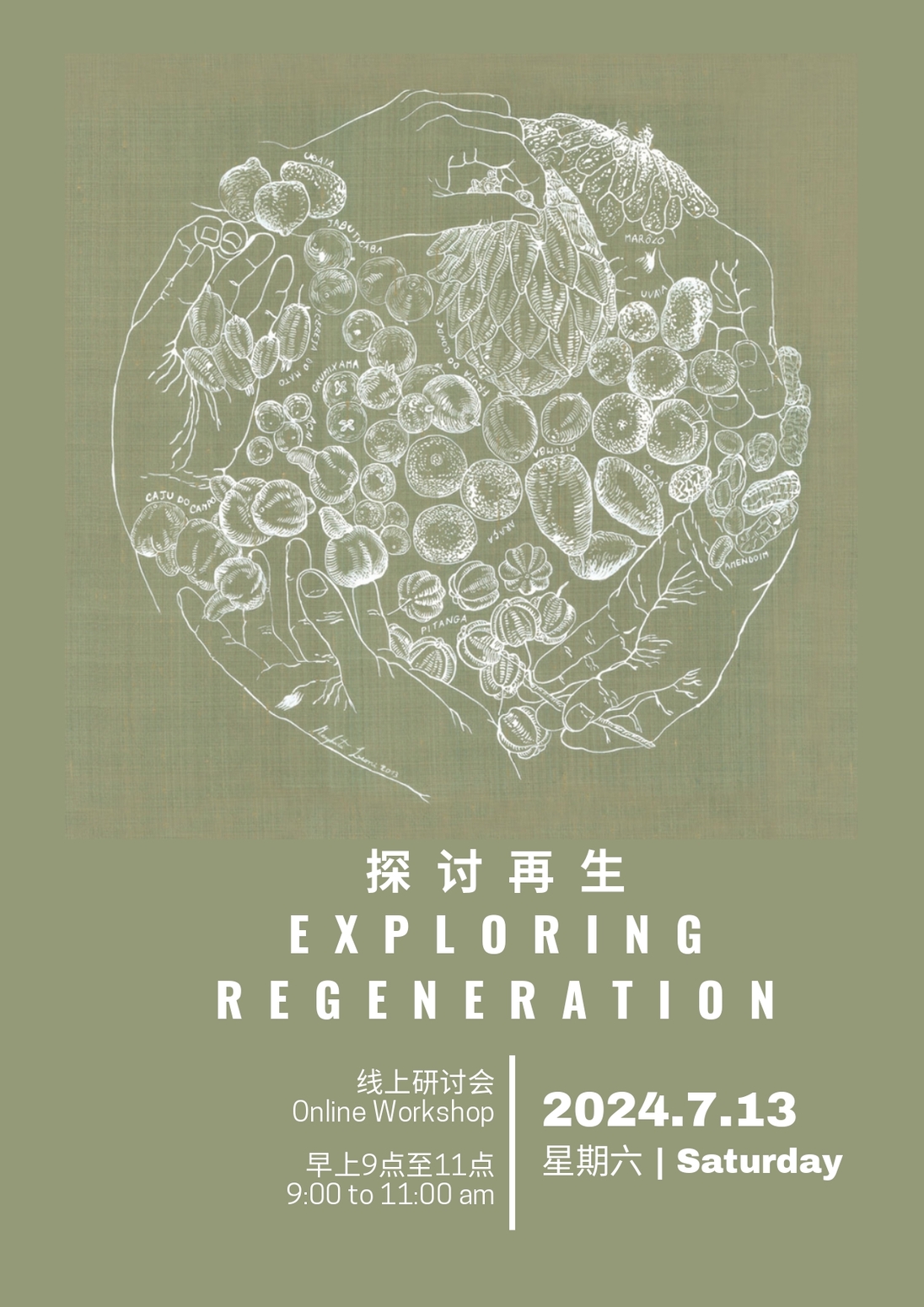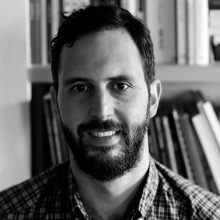Lab on Area studies for Sustainability Transformations (LAST)
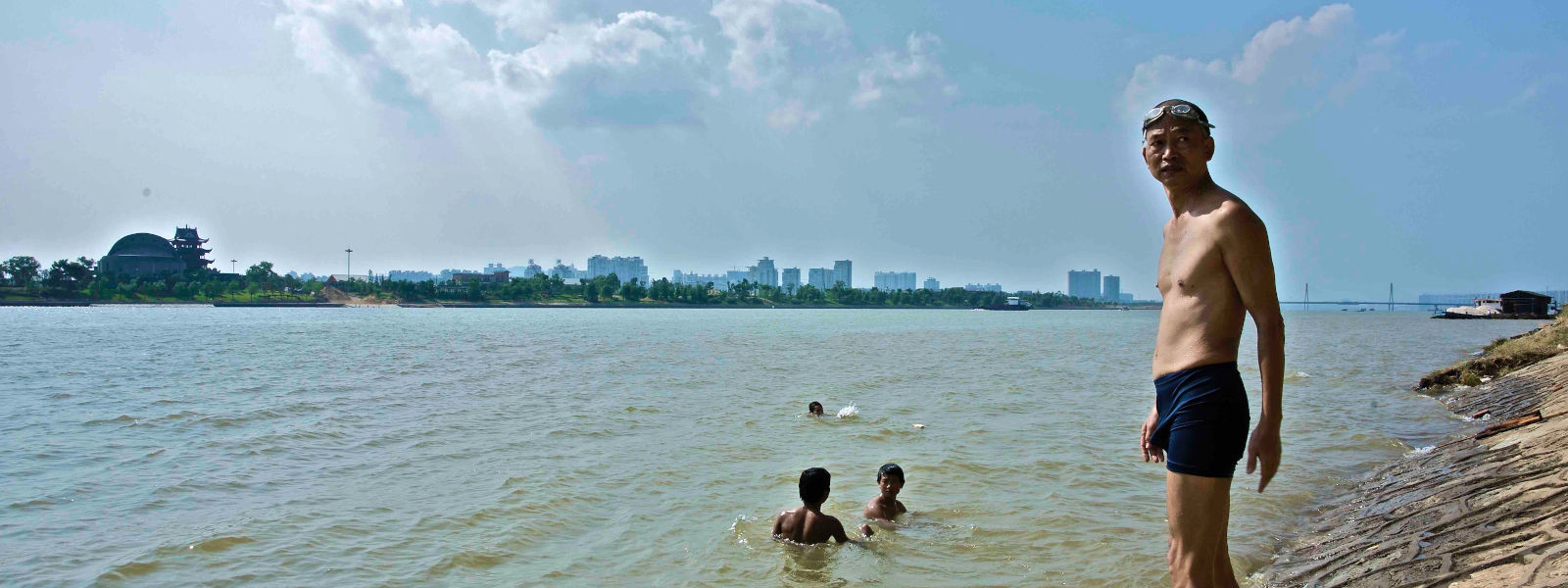
Roots and vision
This Lab stems from the professional experience and personal stories of a group of researchers and practitioners, concerned for the relentless loss of biological and cultural richness in the Anthropocene era. Along with systems thinking, we trace the roots of this crisis in extractive, ego-centric mental models that for centuries have been shaping cultural, socioeconomic, and political structures.
Against this background, our goal is to unearth the potential of language-based area studies to comprehend and nurture sustainability transformations. Area studies are a meaningful platform to research and redefine values, world-views, and institutions shaping social-ecological systems. As such, this field of study can provide meaningful contributions to the ongoing relational turn of sustainability science.
Towards this end, we intend to leverage methodological, intellectual, and ethical features rooted in the practice of area studies:
- the openness to inter- and trans-disciplinary approaches;
- the centrality of context and place – a tool to challenge placeless, one-fits-all recipes for development;
- the ethical and emotional attachment to places we study and live in – an attitude which can nurture a caring attitude, as with any place we consider home.
Calls and opportunities
- Phd position on sustainability and political ecology (deadline May 23, 13:00 CET): The Department of Asian and North African Studies invites phd transdisciplinary research proposals on sustainability and political ecology, with a focus on Asian and/or African countries Ecology of Asia and Africa. The successful candidate will benefit from collaboration with the LAST cluster in political ecology. Link to the call (check at page 37).
- LAST members Marc Foggin and Daniele Brombal invite contributions to the special issue of the journal Sustainability, titled "The Roles of Culture and Values in Sustainable Development". Detailed information about submissions and the editorial process can be found at the special issue webpage.
Ongoing research
The Lab is organized in two trans-disciplinary clusters, one focusing on eco-linguistics and the other on political ecologies of Asia and Africa.
Eco-linguistics cluster
The eco-linguistics cluster was launched in early 2022. Its goal is to contribute to our understanding of how language and discourses impact on environmental perception and decision-making. Members of this cluster are developing a framework of ecolinguistics analysis, applicable to Chinese texts employed in environmental impact assessments and in sustainability reporting.
Political ecology cluster
The political ecology cluster encompasses projects exploring alternatives to mainstream, extractivist patterns of development. A considerable part of these activities focus on the Belt and Road Initiative (BRI) – a large China-led infrastructural scheme spanning throughout Eurasia and Africa, epitomizing current trends of development-driven biological and cultural diversity loss.
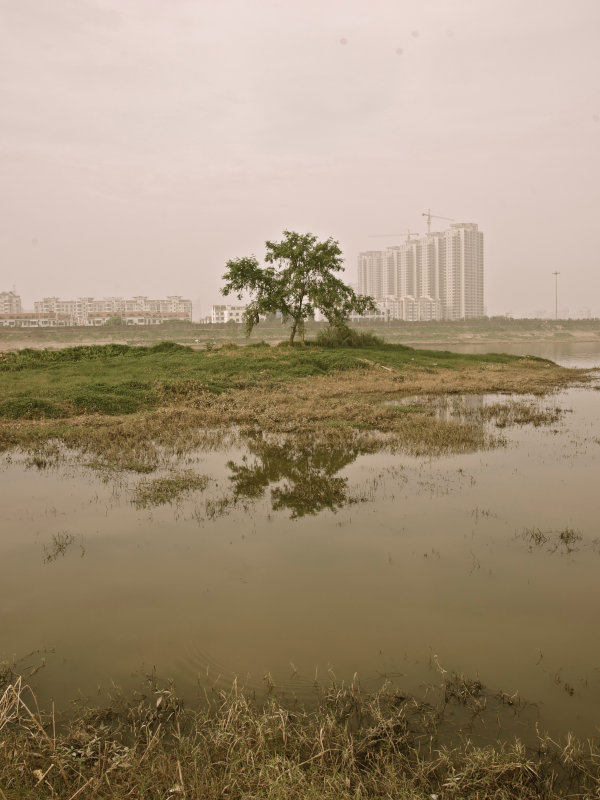
Collaboration and synergies
The Lab benefit from the wisdom and experience of a large network of people working within academia, the non-governmental, and consultancy sectors. At present, we collaborate closely with members of the ICCA Consortium, the EJ Atlas project and the Re-Imaginary Collective.
At UNIVE, the Lab has been operating in synergy with the Marco Polo Centre on Global Europe Asia Connections (MaP) through the project Social-Ecological Transformations along the Belt and Road Initiative, CHINGREEN, the Ecolinguistics for Green Transitions PON project, as well as with the PhD programme in Asian and African Studies, and the community of students and faculty established around our MA in Environmental Humanities.
The LAST Lab is actively involved in the EUTOPIA Alliance and in the Erasmus+ EUTOPIA MORE project, through the Environmental Humanities Connected Community, which joins studens, researcher and faculty staff from Ca' Foscari University of Venice, NOVA University of Lisbon and Dresden University of Technology.
The Lab runs on a series of ad-hoc national and EU funding, provided by the Ca’ Foscari regular budget, the MIUR Departments of Excellence program, the EU MSCA actions, the National Operative Programme on Research and Innovation, and the National Recovery and Resilience Plan (NRRP).
Volunteering, internship work, and unusual collaborations play a vital role as well: if you are interested in contributing, feel free to contact the Lab Coordinator at daniele.brombal@unive.it.
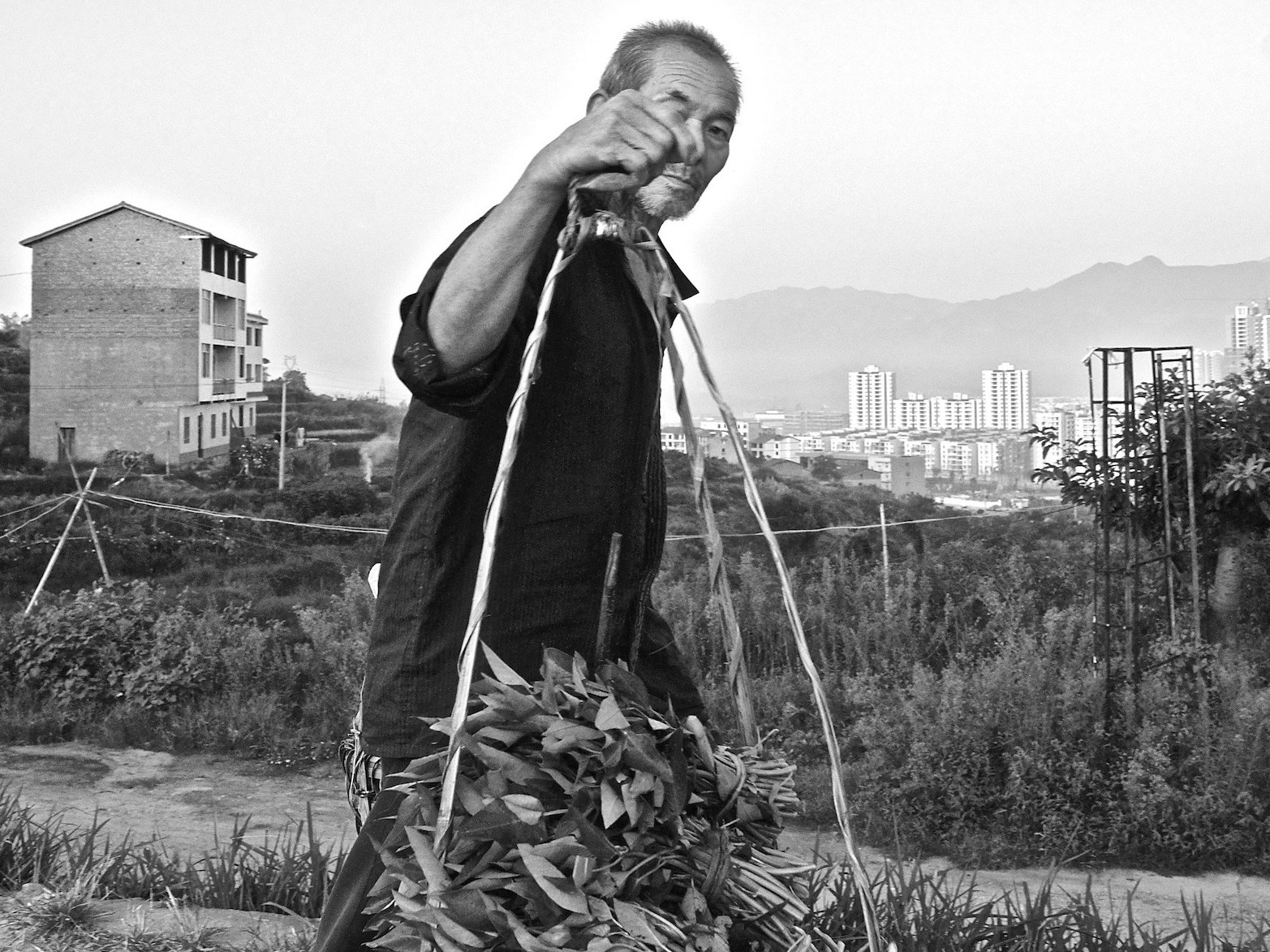
Activities and events
2025
- September 11-13 - Associazione Italiana Studi Cinesi (AISC) (Bologna, Italy). LAST members Chiara Bartoletti and Maria Stella Burgio took part in the 20th Biennial Conference of AISC, where they presented the panel “Ecological Narratives: Language, Knowledge, and Environmental Imagination in Contemporary China” and shared the latest developments of their Ph.D. projects.
- June 21-22 2025 - Workshop “Envisioning Sustainable Futures: A Policy Co-Creation Workshop.” As part of her Ph.D. research, Maria Stella Burgio, member of the Ecolinguistics Cluster, conducted a participatory workshop at the School of Environment, Beijing Normal University, titled “Envisioning Sustainable Futures: A Policy Co-Creation Workshop”. The workshop investigated how linguistic choices shape meaning-making processes and engaged MA and PhD students in environmental sciences. Using a mixed-methods co-creative approach that combined systemic mapping, future visioning, and collaborative writing, participants developed a 30-year plan for a sustainable future.
- May 19-23, 2025 - EUTOPIA Spring School "Environmental Humanities as a Regenerative Process. Reconnecting Ethics, Knowledge, and Action." Organized within the EUTOPIA Connected Community on Environmental Humanities, with the scientific support of LAST Lab.
- May 15-16 - EUTOPIA Spring School on Ecolinguistics. Organized within the EUTOPIA Connected Community on Environmental Humanities, with the scientific support of LAST Lab.
- April 28, May 5-6 - Workshop “Environmental Humanities for Systemic Change” (in collaboration with DSAAM and Ca’ Foscari International College) (Venice, Italy). A three-day co-creative workshop organized by LAST members Daniele Brombal, Daniela Del Bene, and Chiara Bartoletti, bringing together researchers and students to explore the relational and radical potential of the Environmental Humanities. By bridging disciplines such as ecolinguistics, political ecology, environmental history, and ecological economics, participants engaged with three archetypal case studies and worked to identify leverage points for fostering systemic change.
Past events
- August 26-30 - European Association of Chinese Studies (EACS) 2024, Tallinn. LAST members Daniele Brombal, Chiara Bartoletti, Sergio Conti, Mengmeng Cui and Laura Locatelli joined the 25th Biennal Conference of EACS presenting the panel titled "Language-Based Area Studies for Sustainability Transformations. Theoretical, Methodological, and Applied Insights from a Transdisciplinary Project".
- August 23-24 - Workshop on Sustainable Himalayas, organized by Azim Premji University (India) in collaboration with Tübingen University (Germany). Kesang Thakur, a member of the Political Ecology Cluster at the LAST Lab, participated in a workshop on Sustainable Himalayas, organized by Azim Premji University in collaboration with Tübingen University, Germany, on August 23-24, 2024, in Bengaluru, India. She presented her ongoing fieldwork findings on geopolitical infrastructures-led socio-ecological transformations in the Indian trans-Himalayan valley of Lahaul (District Lahaul and Spiti). The workshop brought together researchers, activists, and filmmakers, both working on and from the Himalayas, to reflect on climate discourses and methodologies, visualize sustainability, and ask, what’s next for the Himalayas?
- August 22-26 - International Ecolinguistics Association at Beijing Normal University (China). The ecolinguistic cluster members Maria Stella Burgio and Laura Locatelli participated in the 7th IEA Conference. During the poster session, they presented the research conducted at LAST Lab, highlighting the different projects and methods used, and ending with a discussion of the practical outcomes in engagement and education.
| ICE poster | 16.65 M |
- July 17-19 - 7th Corpora & Discourse International Conference (CADS24) | Environmental Sustainability in the ESG Reports of Chinese Listed Companies: A Preliminary Corpus-assisted Analysis from an Ecolinguistic Perspective
As members of the LAST ecolinguistics cluster, Sergio Conti, Laura Locatelli, Daniele Brombal, and Pui Yiu Szeto will be presenting their project at the CADS Conference in Innsbruck, Austria, from July 17th to 19th, 2024. Using cutting-edge corpus analysis tools, they have investigated ESG reports issued by Chinese companies, uncovering a heterogeneous tendency in the language patterns adopted. These variations, linked to both a company’s commitment to the Sustainable Development Goals (SDGs) and its ownership structure, offer a unique lens for understanding the diverse approaches Chinese corporations take to environmental practices.
- July 13 - Online Workshop on the Regeneration Paradigm and Regenerative Food System Practices in China
As part of her Ph.D. research project on sustainable food system practices, Chiara Bartoletti, a member of the political ecology cluster, conducted an online participatory workshop titled "Exploring Regeneration." The workshop engaged key informants from China using co-creative participatory methods (embedded in the LAST approach to qualitative research) to develop a working definition of the regenerative paradigm and identify food system practices deemed to have the highest regenerative potential.
- May 11 - Workshop with local activists "What kind of lagoon do we want? Values, visions, and resources for regeneration". The workshop, held on the island of Mazzorbetto, engaged participants in a one-day activity of sharing and co-creation regarding the future of the Venice Lagoon. Through a co-creative process designed and facilitated by Prof. Brombal, with support from fellow LAST member Chiara Bartoletti, participants shared regenerative visions for the lagoon’s future and jointly identified opportunities and resources for change.
Photo gallery - Activities and events 2024
2023
- June 19-24 - LAST Lab at the XIX Biennial Conference of the International Associations for the Study of the Commons, Nairobi
- June 15-18 - LAST Lab co-hosts the Environmental activists roundtable [ITA] at Cansiglio InVita Forest festival, in collaboration with Padova University
- May 16-18 - First PhD training Teaching Block on Area Studies as a Transformative Process carried out, with the design and facilitation by Daniele Brombal and the participation of LAST members Kesang Thakur and Laura Locatelli
2022
Outputs
Scientific Publications
- Life beyond the checklist: Revitalizing the potential of environmental impact (2026)
Brombal, D., Foggin, M., Pearson, K. R., Del Bene, D., Cui, M., Moriggi, A., Razmkhah, A., Lora-Wainwright, A., Peterson, C., Kolipaka, S., Tritto, A., Owiti, J., Okyere-Manu, B., Environmental Impact Assessment Review, 118, doi:10.1016/j.eiar.2025.108219 - Defining regeneration within China’s agrifood system: Institutional frames and practitioners’ perspectives (forthcoming)
Bartoletti, C. Kervan. International Journal of Afro-Asiatic Studies, vol. 29. - Esiste un movimento agroecologico in Cina? Forme, istanze e traiettorie a partire dal caso Foodthink (2025)
Bartoletti, C. In G. C. Ceresa, F. Dini, L. Ferrone, F. Martellozzo, F. Randelli, & P. Romei (Eds.), Transizioni/Transitions (Memorie geografiche NS 28). Società di Studi Geografici. - The language of ESG sustainability reports of Chinese listed companies: A preliminary corpus-assisted keyword analysis from an ecolinguistic perspective (2025)
Conti, S., Locatelli, L., Brombal, D., Szeto, P.Y., Chinese Language And Discourse, doi: 10.1075/cld.24038.con - The Roles of Culture and Values in Sustainable Development (2024)
Foggin, M., Brombal, D., Gunton, R., Wirzba, Special Issue of the journal Sustainability - Lexical indicators for Chinese language ecological discourse analysis: Design and testing of a novel framework (2024)
Brombal, D., Conti, S., Szeto, P.Y., Language Sciences 104, doi: 10.1016/j.langsci.2024.101634 - From resistance to transformation – Exploring the transformative potential of environmental resistance practices (2023)
Cui, M., Brombal, D. Philosophy and Social Criticism 49, 5, doi: 10.1177/01914537231164186 - Unveiling the language of ideology in China's environmental planning (2023)
Brombal, D., Szeto, P.Y., Conti, S., Annali Serie orientale 59, doi:10.30687/AnnOr/2385‑3042/2023/01/018
Reports
| Financialization of Nature, 2022 Narrative report of the workshop "Financialisation of Nature, Green Investments and Biodiversity Conservation", Ca' Foscari University of Venice,14-15 April 2022 | 765 K |
People
Lab coordinator
- Sergio Conti, Researcher, Roma Tre University
- Pui Yiu Szeto, Research associate and lecture, The University of Hong Kong
- Laura Locatelli, PhD Candidate, UNIVE
- Maria Stella Burgio, PhD Candidate, UNIVE
- Valeria Carla Cavezzali, MA Student, UNIVE
- Marc Foggin, Director, Plateau Perspectives; Research Associate, University of British Columbia
- Giulia Dal Maso, MSCA fellow, UNIVE and National University of Singapore (projetc: CHINGREEN)
- Mengmeng Cui, Phd candidate, Instituto de Ciências Sociais da Universidade de Lisboa
- Kesang Thakur, Phd candidate, UNIVE
- Ali Razmkhah, Phd candidate, UNIVE; Regional Coordinator at CENESTA & ICCA Consortium
- Chiara Bartoletti, PhD Candidate, UNIVE; Member of Agroecology Europe
- Daniela Del Bene, Affiliated researcher, NICHE
- Lu Lin, Phd candidate, UNIVE
- Nina Aminzadeh Goharrizi, Phd candidate, UNIVE
Last update: 25/02/2026


